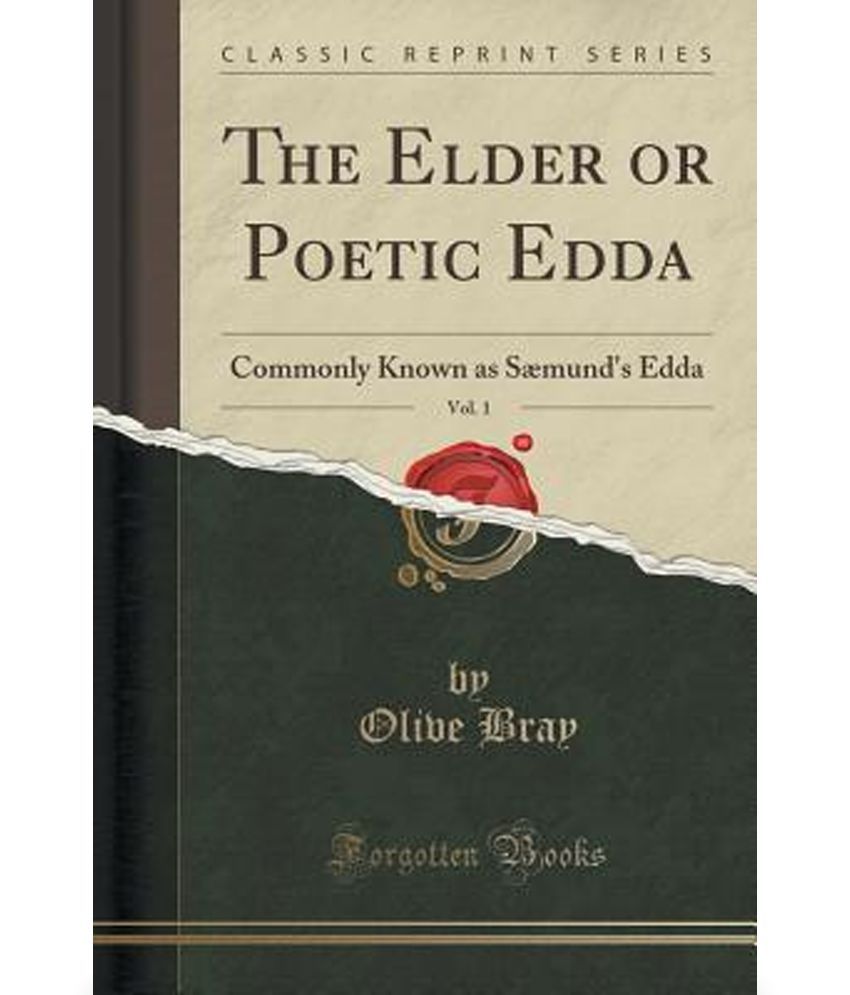


Formerly a student of the late, great authority on the Poetic Edda, Ursula Dronke, Carolyne Larrington has recently turned her attention to the novels of George R. Her addition of seven further poems not found in the Codex Regius completes this comprehensive presentation of the verse Eddic corpus. The translation selected for this edition is the authoritative and highly readable text by Oxford scholar and founder of the Eddic Research Network Carolyne Larrington, first published by Oxford University Press in 1996. The combination of sensitive design and judicious inclusion of scholarly apparatus makes this parallel-text presentation of the Poetic Eddathe ultimate reading edition of this endlessly fascinating work.

Notes are provided at the foot of each page, providing vital elucidation of the poems’ meaning without impinging on the main text, and an index of names provides a helpful digest of the Edda’s huge cast of characters. With meticulous attention to type size and line length, the Norse and English texts are displayed side by side, the first line of each stanza aligned to facilitate comparison of original and translation.

The Folio Society limited edition of the Poetic Edda presents the poems in a manner which is at once elegant, accessible and discreetly scholarly. The Codex Regius was duly dubbed the Poetic Edda or Elder Edda, to distinguish it from Snorri’s ‘younger’ prose work. Bishop Brynjolf was convinced that this unassuming manuscript contained the hitherto lost source material for the great treatise on Norse poetry by the Icelandic historian Snorri Sturluson (1179– 1241), which its author had referred to as an edda or poetics. We do not know who composed them, or when, but ever since their rediscovery in the 17th and 18th centuries they have inspired intellectuals and artists in all media, for whom these poems held the tantalizing key to a shared Northern identity.Īll but a few of the poems in the Poetic Edda were preserved in a single manuscript known as the Codex Regius, copied by an unknown Icelandic scribe in the 1270s and presented by the Lutheran Bishop of Skálholt, Brynjolf Sveinsson, to the Danish court nearly four centuries later. Subtle, complex and suggestive, yet disarmingly direct in style, these tales of gods, heroes and monsters, of love, war, folly and deceit, inhabit a world more primal in character than any other corpus of European mythology. The poems of the Old Norse collection known as the Poetic Edda respond to one of humankind’s greatest urges – the search for origins.


 0 kommentar(er)
0 kommentar(er)
